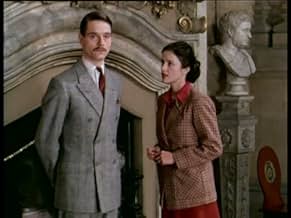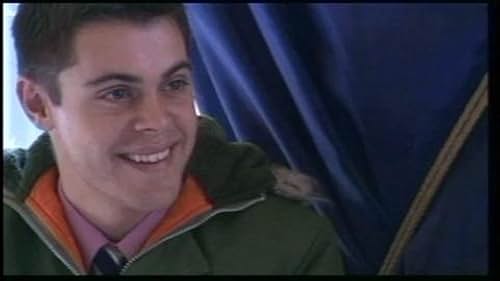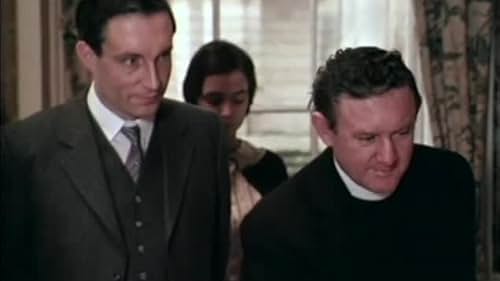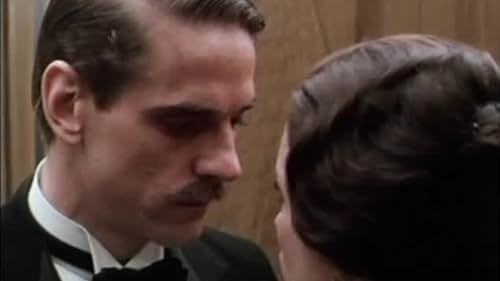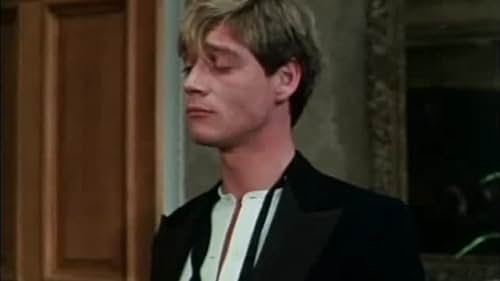Diana Quick
- Actress
- Writer
- Producer
Eclectic British classical stage actress Diana Quick, of Anglo-Indian descent, specialized in aristocratic ladies and played various members of royalty (queens, baronesses, etc.) throughout her career. Having worked with most of the prominent British theatre companies (RSC, Royal Court, National, Old Vic, etc.), her extensive resume has included "Troilus and Cressida," "The Threepenny Opera," "Billy," "Mother Teresa Is Dead," "Ghosts," "The Old Neighbourhood," "The Sea," "King Lear," "Hamlet," "The Changeling, "The Women Pirates," "A Map of the World, "Tamburlaine," "Plunder," Phaedra Brittanica," "Mother Christmas," "Electra," "ANNA," "The Big Meal," "You Never Can Tell" and the one-woman play Midnight Your Time. More recently she appeared in "The Model Apartment (2018).
Diana was born in London on November 23, 1946, the third of four children. Her parents were amateur theatre players. She took an interest in acting too while attending Dartford Grammar School for Girls in Kent and appeared in school plays ("Arms and the Man"). She became a member of an amateur dramatic society in and earned her first isolated film credit in an unbilled teen role with The Brothers Karamazov (1958). In 1964, Diana attended Oxford University where she dedicated herself to extensive training. She subsequently became the first female president of the Oxford University Dramatic Society.
The 70's began with a recurring role as Gloria in the TV comedy series The Best Things in Life (1969), and a small role in the elegant film Nicholas and Alexandra (1971). She continued on TV with guest appearances on such shows as "Six Days of Justice," "The Protectors," "Bedtime Stories," 'Kolchak: The Night Stalker" and "Private Afffairs." She returned to film in the latter half of the decade with support/featured roles in The Duellists (1977), The Big Sleep (1978), The Odd Job (1978), Ordeal by Innocence (1984), Nineteen Nineteen (1985), Max My Love (1986), Vroom (1990), Nostradamus (1994), The Leading Man (1996) and Vigo (1998).
Diana enjoyed her finest TV hour with her portrayal of Lady Julia Flyte in the critically-acclaimed mini-series Brideshead Revisited (1981), and received a BAFTA TV Award nomination for her efforts. She then continued with TV roles in The Woman in White (1982), as well as "The Phantom of the Opera" (as Madame Bianchi), and the TV series "Network 7," "Screenplay," "Minder," "The Justic Game" and "Alas Smith and Jones."
The millennium provided her a number of elegant character roles on the large and small screen, including the film comedy crimer Saving Grace (2000); the dramatic fantasy The Discovery of Heaven (2001); the historical romancer The Affair of the Necklace (2001); a co-star role in the romance drama AKA (2002); the heavier dramas Revengers Tragedy (2002), Mother's Milk (2011); Love/Loss (2010) and Side by Side (2013); and the historical dramedy The Death of Stalin (2017). She also has written and directed for TV.
Once briefly wed (1974-1978) to Scots-born actor Kenneth Cranham, whom she met at the National Youth Theatre, Diana once had a long-standing relationship (1971-2008) with actor Bill Nighy and, with him, had one child, actress/daughter Mary Nighy. Quick spent a number of years researching her paternal family's life in India, which was published in 2009 entitled A Tug on the Thread: From the British Raj to the British Stage.
Diana was born in London on November 23, 1946, the third of four children. Her parents were amateur theatre players. She took an interest in acting too while attending Dartford Grammar School for Girls in Kent and appeared in school plays ("Arms and the Man"). She became a member of an amateur dramatic society in and earned her first isolated film credit in an unbilled teen role with The Brothers Karamazov (1958). In 1964, Diana attended Oxford University where she dedicated herself to extensive training. She subsequently became the first female president of the Oxford University Dramatic Society.
The 70's began with a recurring role as Gloria in the TV comedy series The Best Things in Life (1969), and a small role in the elegant film Nicholas and Alexandra (1971). She continued on TV with guest appearances on such shows as "Six Days of Justice," "The Protectors," "Bedtime Stories," 'Kolchak: The Night Stalker" and "Private Afffairs." She returned to film in the latter half of the decade with support/featured roles in The Duellists (1977), The Big Sleep (1978), The Odd Job (1978), Ordeal by Innocence (1984), Nineteen Nineteen (1985), Max My Love (1986), Vroom (1990), Nostradamus (1994), The Leading Man (1996) and Vigo (1998).
Diana enjoyed her finest TV hour with her portrayal of Lady Julia Flyte in the critically-acclaimed mini-series Brideshead Revisited (1981), and received a BAFTA TV Award nomination for her efforts. She then continued with TV roles in The Woman in White (1982), as well as "The Phantom of the Opera" (as Madame Bianchi), and the TV series "Network 7," "Screenplay," "Minder," "The Justic Game" and "Alas Smith and Jones."
The millennium provided her a number of elegant character roles on the large and small screen, including the film comedy crimer Saving Grace (2000); the dramatic fantasy The Discovery of Heaven (2001); the historical romancer The Affair of the Necklace (2001); a co-star role in the romance drama AKA (2002); the heavier dramas Revengers Tragedy (2002), Mother's Milk (2011); Love/Loss (2010) and Side by Side (2013); and the historical dramedy The Death of Stalin (2017). She also has written and directed for TV.
Once briefly wed (1974-1978) to Scots-born actor Kenneth Cranham, whom she met at the National Youth Theatre, Diana once had a long-standing relationship (1971-2008) with actor Bill Nighy and, with him, had one child, actress/daughter Mary Nighy. Quick spent a number of years researching her paternal family's life in India, which was published in 2009 entitled A Tug on the Thread: From the British Raj to the British Stage.






